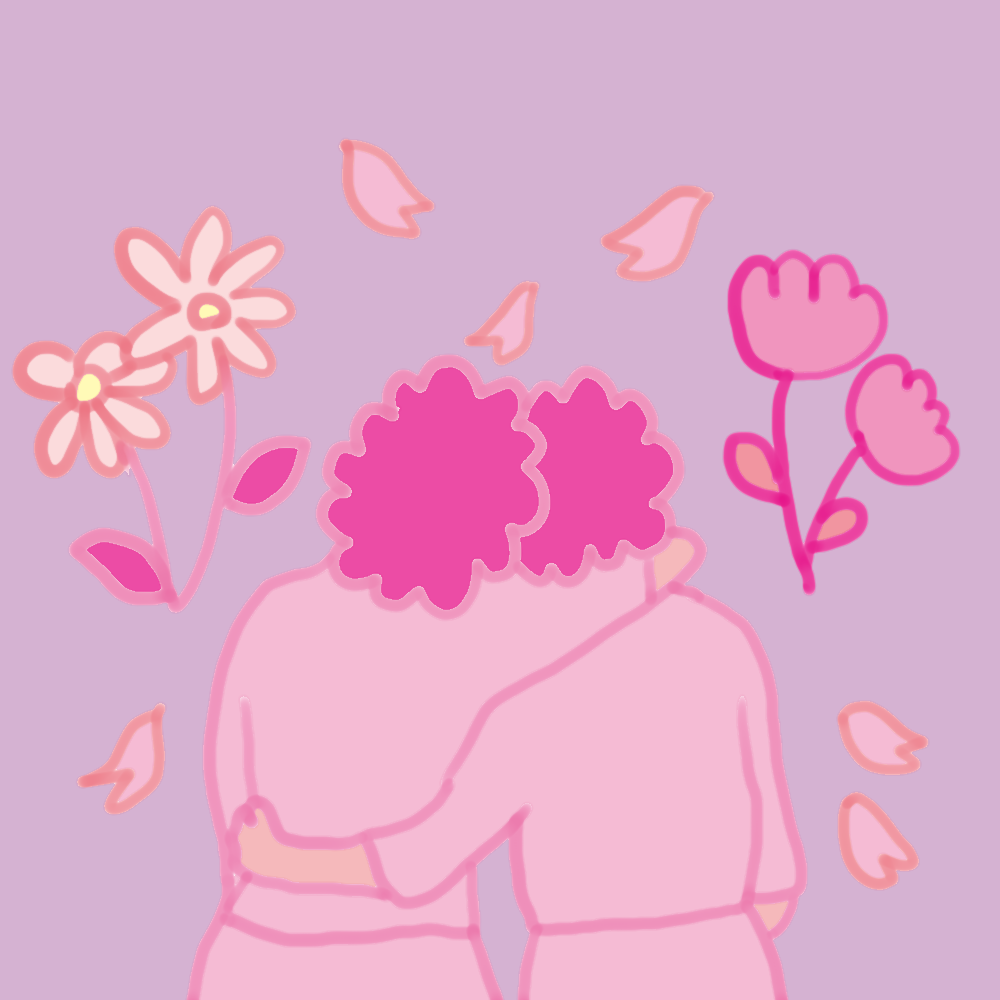I wrote previously that having self-compassion reduces the tendency to blame yourself (“How to Stop the Toxic Behavior: Self-Blame“).
Self-compassion is not only about blaming yourself, but it has an overall positive effect on your mental health and makes your daily life more enjoyable.
Self-compassion means caring for yourself.
Kristin Neff, a researcher and pioneer of self-compassion, defines the term as follows.
Just as you would worry and care for someone you love when they are in distress, you should do the same for yourself when you have a problem.
Many of us have been taught that caring for others is important.
However, you probably did not hear much about how you should be kind to yourself.
So, you can naturally be kind to others, but when the same situation happens to you, you tend to harshly criticize yourself, saying that you are useless.
But it is important to be more considerate of yourself in difficult times.
Taking care of yourself leads to maintain your physical and mental health well.
So you are more likely to engage in behaviors such as exercising, eating healthy foods, seeing a doctor if you feel unwell, keeping your appearance clean, and having stress coping strategies.
By being kind to yourself as you would be to others, you are better able to handle the unpleasant feelings caused by stress and keep your mind and body lively.
According to Neff, self-compassion motivates us toward our goals by saying, “I want to be better so that I can enjoy my life and improve myself,” rather than thinking, “I’m inadequate right now, so I have to change.”
f this is so, then it would be beneficial to be kind and considerate to yourself.
Then, how do we actually go about being kind to ourselves?
Neff says that self-compassion has three components.
Based on this, let’s look at how we can increase self-compassion.
1. Self-kindness
When it comes to ourselves, we are very hard on ourselves, and when we are faced with a problem, we blame ourselves and become even more depressed, saying things like, ” I can’ t do something like this,” or “I am useless that I have caused trouble for others again.”
However, would you say the same things to your loved ones and blame them for the same situation? Well, I think it is less likely.
You are more likely to try to cheer them up with kind words and encouragement.
Because of those words and actions that you care about the other person, that other person can be encouraged to move forward.
The point is, let’s be kind to yourself too when you have a negative experience.
If you find yourself saying to yourself, “I’m a worthless person who can’t even do this,” instead tell yourself, “I failed this time, but I’ll be prepared to do it right next time. Don’t worry, I can do it.” Accept what has happened without judging it, and say something encouraging to yourself.
By treating yourself the same way you would treat someone you care about, you can avoid overburdening yourself and reduce stress, even if you face an issue that may cause you to feel down.
2. Common humanity
When something painful or sad happens, do you ever wonder why I am the only one who has to suffer like this?
I do sometimes… (^^;)
But Neff puts it this way.
We all go through hard times, and we are not alone.
The experience of not getting what you want or failing is experienced by everyone on the planet.
So it’s natural for bad and painful things to happen, not because you are different.
Thinking, “It’s just me,” isolates you and makes your stress more intense.
Realize that we are all the same, that we are all going through hard times in different situations and at different times.
This would make you feel less alone and give you the strength to think about what you can do to improve your situation.
3. Mindfulness
Mindfulness means accepting the current situation as it is, without judging it as good or bad.
It means that when we have a bad day and we are having a hard time, we should accept the situation as it is without emphasizing or suppressing it.
This is because you cannot ignore painful feelings and be kind to yourself, Neff explains.
To hold on to painful feelings more strongly than necessary is to become more emotionally and less able to look at things objectively.
For example, if you feel sad when you go through a difficult time and interpret the sadness as “I can’t do anything about it, it’s over,” you may get stuck there instead of seeking a solution, and you may fall deeper into negative thinking.
So neither suppress nor emphasize the feeling, but know that this is something we all feel, and let it be felt as it is.
Accepting difficult feelings is easier said than done, and it can strain your mind.
But you can avoid carrying them into the future.
If you don’t accept the painful feelings and overlook them, they can come back to haunt you later on.
And it becomes more complicated and worse than it was at the time.
In order to care for yourself, it is important to first calmly accept even unpleasant feelings for your own sake.
When you are faced with a difficult situation and are distressed, be gentle with yourself and look at things objectively, rather than only pointing out your own faults so that your mind can be at ease.
Be kind to others and to yourself.

7 thoughts on “What is Self-Compassion? ~How to Improve Your Kindness to Yourself~.”